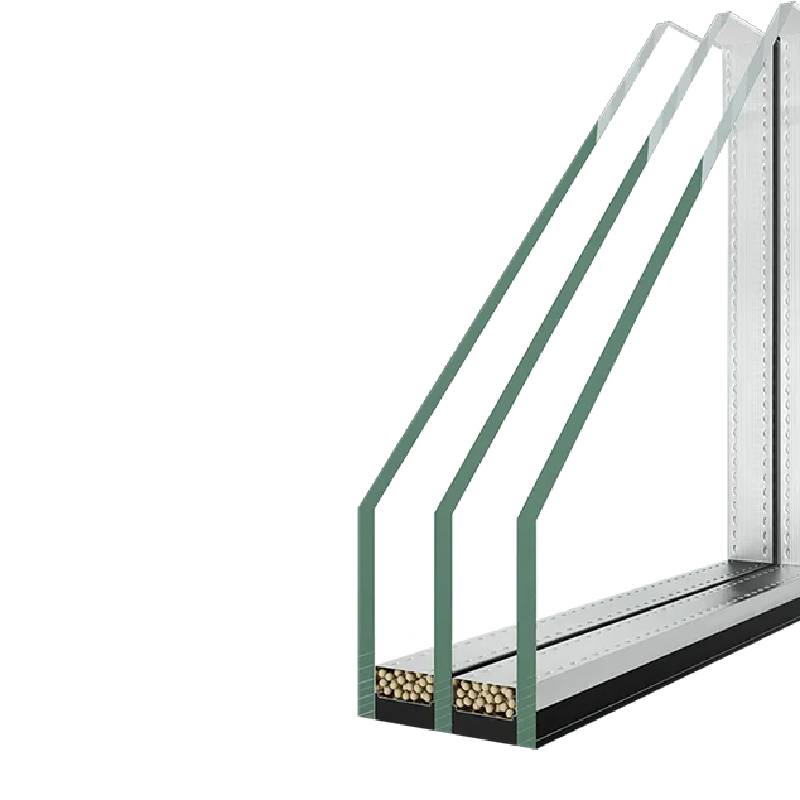

The Beauty and Functionality of Mirror Float Glass
Mirror float glass has become a popular choice in both residential and commercial settings due to its unique blend of aesthetic appeal and functionality. This specialized type of glass is created by a precise manufacturing process that involves floating molten glass on molten tin. The result is a perfectly flat and smooth surface, which serves as an ideal base for producing high-quality mirrors.
One of the significant advantages of mirror float glass lies in its clarity and reflectivity. The manufacturing process ensures that the glass is free from imperfections, allowing for a high level of light transmission. When coated with a reflective material, usually silver or aluminum, the glass becomes an effective mirror that provides a clear and accurate reflection. This is particularly important in applications such as bathrooms and salons, where users rely on the quality of their reflection for grooming and other activities.
Beyond practicality, mirror float glass also enhances the aesthetic appeal of spaces. Its smooth, reflective surface can make a room feel larger and brighter, as it reflects light and color throughout the environment. Interior designers often utilize large mirrors in various architectural styles to create a sense of depth and sophistication. Whether it's a chic boutique, a modern restaurant, or a cozy home, mirror float glass adapts beautifully to different environments, complementing various decor styles from minimalist to ornate.

Another advantage of mirror float glass is its versatility in applications
. It can be cut to size and fabricated for a variety of uses, including wall mirrors, decorative accents, and even furniture pieces. Additionally, it can be combined with other materials, such as wood or metal, to create stunning visual contrasts. The rise of custom-made mirrors has allowed homeowners to personalize their spaces with unique designs, shapes, and finishes that reflect their individuality.However, the benefits of mirror float glass extend beyond aesthetics. The glass can also be treated to enhance its durability and resistance to moisture and corrosion. This is particularly important in environments such as bathrooms, where exposure to humidity can lead to damage over time. Anti-corrosive coatings can prolong the life of the mirror, ensuring that it maintains its appearance and functionality for years to come.
Sustainability is another important factor in the discussion surrounding mirror float glass. With increasing awareness of environmental issues, manufacturers have developed more eco-friendly practices in the production of glass. Many companies now focus on sourcing raw materials responsibly and reducing waste in the manufacturing process. Additionally, mirror float glass can be recycled, making it an environmentally conscious choice for builders and homeowners alike.
In conclusion, mirror float glass is an exemplary material that beautifully combines form and function. Its high clarity, aesthetic versatility, and durability make it a preferred choice for various applications in contemporary architecture and design. As consumers continue to seek innovative and sustainable solutions for their spaces, mirror float glass stands out as a timeless option that adds elegance and utility to any environment. Whether through wall installations, decorative elements, or custom designs, this glass type not only meets the practical needs of users but also elevates the overall ambiance of a space. In a world where design and functionality go hand in hand, mirror float glass undoubtedly holds a significant place.